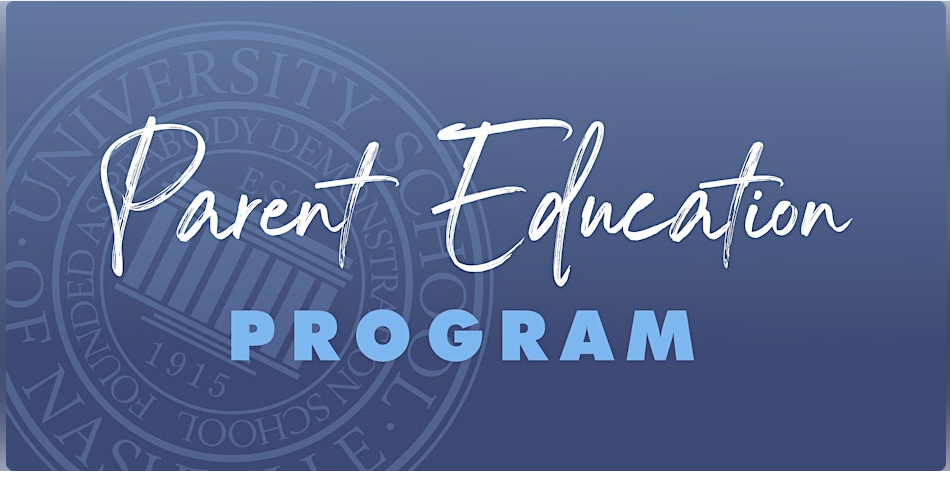Selecting Balanced Courses In High School
In high school, students often select a multitude of courses, from AP to Honors to IB. These courses can be individually difficult as they are at a college level, and taking several difficult courses at a time can prove to be a struggle to balance. Selecting too many difficult courses can be detrimental to a student’s mental and physical health, can cause unwanted stress, can cause grades to drop, and can inhibit a student from doing extracurricular activities or other activities outside of academics. So, it is important for a student to be able to select a balanced course load where they can excel in their academics, maintain good health, and have time for other activities.
Taking AP, IB, or honors classes can look impressive on a student’s college applications and could prepare students for college level coursework. Colleges want to see a student challenge themselves, but also excel. Taking all advanced courses shows that a student is challenging themselves, but is not feasible for every student. Taking all advanced courses but earning lower grades does not benefit college applications, and may cause a lot of stress and worry in a students’ life. However, excelling in all regular or easier classes may show that a student is not sufficiently challenging themselves. All of these can hinder a student’s admission to higher ranked colleges that look for rigor in course load.
It is important for a student to be able to manage their course load but not over or under do it. So taking all of this into consideration, how to select a balanced course load?
- Figure out what college a student wants to attend. Assess the college in terms of competitiveness of admission. For more competitive colleges, it could benefit a student to take as many AP, IB, or otherwise difficult classes as they can, and perform well in them. A less competitive university, on the other hand, may not prioritize greater course difficulty in their admissions.
- Figure out a potential degree or course of study a student wants to pursue, and take AP/IB/difficult classes according to that. For example, a student who’s interested in pursuing engineering may take AP Calculus, AP Computer Science, and AP Physics, as those courses will introduce them to the type of material they will learn in college. In taking these courses, they may choose to stray away from the social studies or humanities AP courses to allow themselves more time to focus on the STEM related courses. That being said, if they are sure they can handle AP English along with other AP courses, then the student could go for it.
- Make sure all of the necessary prerequisites are met for each class, and make sure to have done well in those prerequisites to be prepared for the harder class. For example, successfully completing precalculus before taking AP Calculus.
- Take 1 or 2 AP/IB/difficult courses one year, and increase the amount of difficult courses per subsequent year. For example, 1 AP course in sophomore year, 2 junior year, and 3 senior year. Don’t start off taking more than 1 or 2 AP classes at once as that could be a huge learning curve, unless the student is sure they can handle it.
- Take difficult classes in subjects that are interesting to a student, as that could motivate a student to work harder and enjoy the class more, and the student could have a higher chance of doing well.
- Have some “easier” classes on the schedule (regular classes, electives) that require a little bit less effort so more time could be dedicated to the harder classes.



Get involved!
Comments